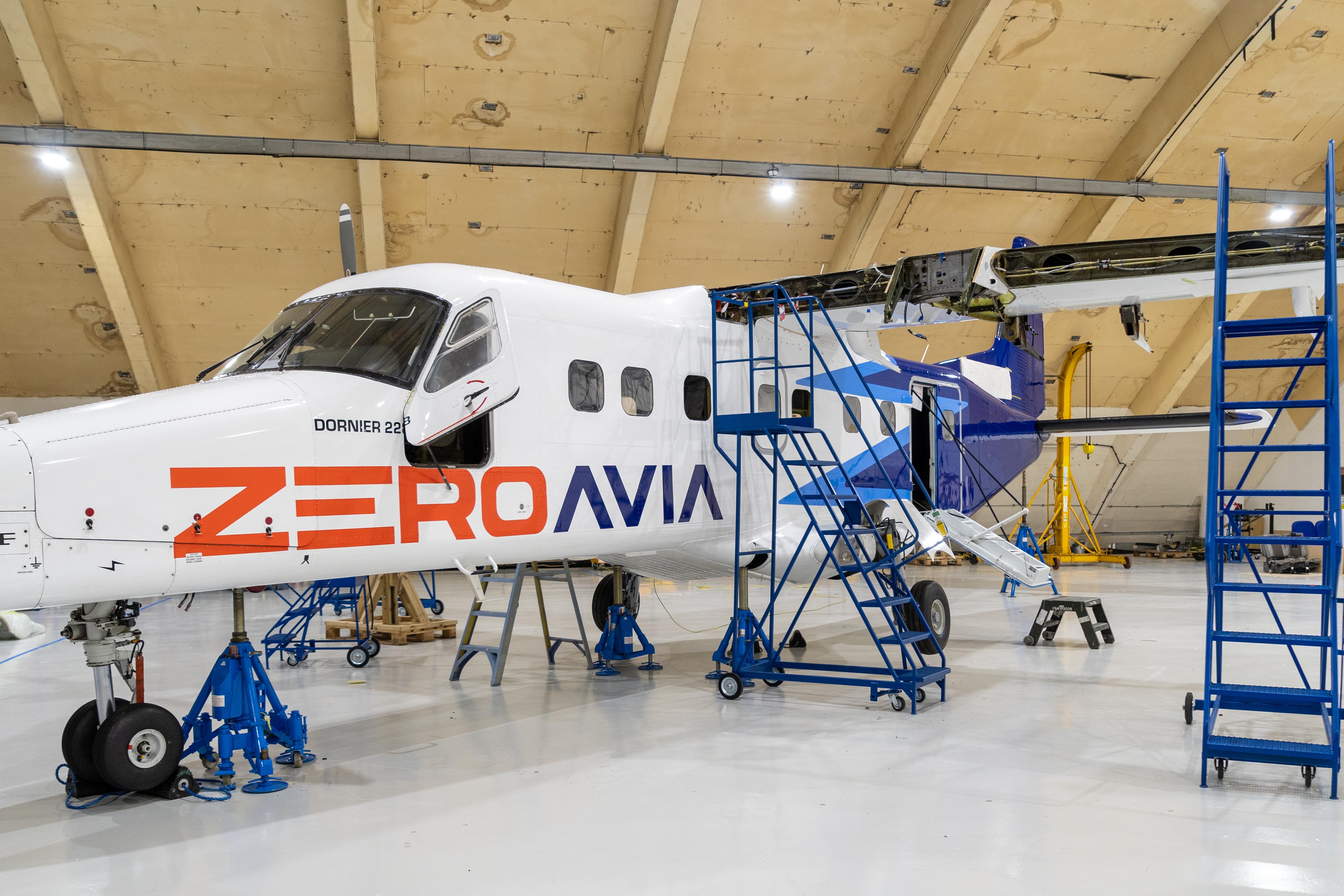
Credit: ZeroAvia
Startup ZeroAvia has partnered with Mitsubishi’s CRJ support division, MHI RJ Aviation, to develop hydrogen-electric propulsion for regional jets, aiming for market availability in 2028. Formerly the CRJ business acquired from Bombardier by Mitsubishi Heavy Industries (MHI) in June 2020, Montreal...
Subscription Required
MHI’s CRJ Unit Teams With ZeroAvia On Hydrogen Propulsion is published in Advanced Air Mobility Report, an Aviation Week Intelligence Network (AWIN) Market Briefing and is included with your AWIN Premium membership.
Already a member of AWIN or subscribe to Advanced Air Mobility through your company? Login with your existing email and password
Not a member? Learn how to access the market intelligence and data you need to stay abreast of what's happening in the air transport community.
